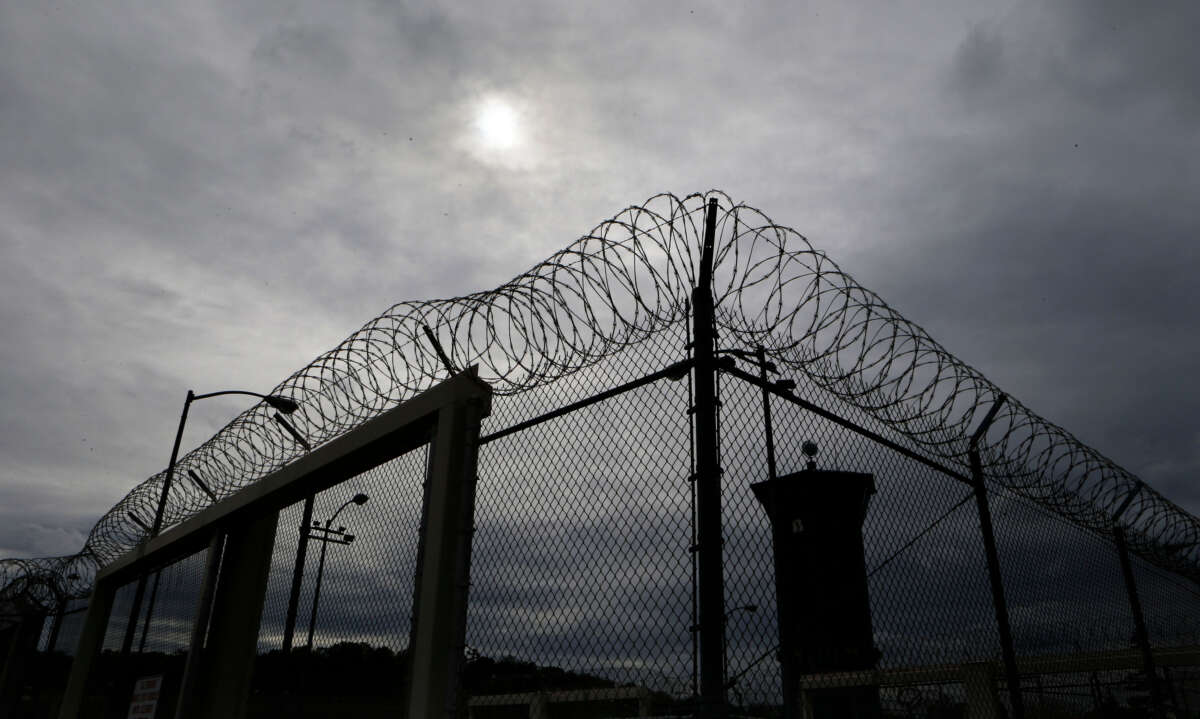Nearly 90 percent of transgender people in state prisons have been placed in solitary confinement at some point during their incarceration, according to a new report by the Vera Institute of Justice and the prison abolitionist organization Black & Pink.
“Most respondents experienced solitary confinement, sometimes as a result of harassment, discrimination, or concerns for safety,” the report says.
The report includes the insights of 280 transgender individuals incarcerated in state prisons in 31 states, with approximately 73 percent identifying as transgender women. In terms of racial demographics, roughly 46 percent of respondents were white, 24 percent were Black, 14 percent were Latinx, 11 percent were Native American, and around 5 percent identified as multiracial or belonging to other racial groups.
“Many respondents reported having sought out protective custody as their best option to feel safe,” the report says. “Based on respondents’ self reported responses, the average number of stints (times) in solitary confinement while serving their current sentence was 7.7, and the median was three stints — with the median length of time served in prison so far being about 14 years. Ten percent of respondents reported going to solitary confinement 15 times or more.”
United Nation (UN) experts have said that the U.S. practice of holding people in prolonged solitary confinement amounts to a form of torture. “The severe and often irreparable psychological and physical consequences of solitary confinement and social exclusion are well documented and can range from progressively severe forms of anxiety, stress, and depression to cognitive impairment and suicidal tendencies,” Nils Melzer, the UN Special Rapporteur on torture, said in 2020.
The primary reasons cited by those surveyed for their placement in solitary confinement were disciplinary infractions (47 percent), staff asserting it was for the individual’s safety (21 percent), or the individual’s own request for protection (19 percent). Other factors (13 percent) included adherence to COVID-19 protocols, Prison Rape Elimination Act (PREA) investigations, or the individual’s request for reasons unrelated to protection (10 percent). Additionally, many respondents said that they were placed in solitary as a form of retaliation or harassment by corrections officers, discrimination based on their transgender identity, or intentional policy violations to ensure personal safety.
“One respondent described being placed in solitary for retaliation ‘due to an [Office of Inspector General] investigation on a slew of [corrections officers] for unsupported use of force, I was placed there under retaliation.’ Similarly, another respondent in solitary confinement at the time of the survey wrote, ‘I’m filling this out while in solitary while being held against my desire for [requesting a] sexual harassment investigation against an officer,’” the report details.
Transgender individuals face a heightened risk of encounters with the criminal justice system, and once detained, they are vulnerable to harassment and violence within correctional facilities. A survey conducted in 2022 among LGBTQ+ individuals in the United States revealed that 31 percent had experienced some form of incarceration within the past five years.
“The data is clear: lesbian, gay, bisexual, transgender, and queer (LGBTQ) people are overrepresented at every stage of [the] criminal justice system, starting with juvenile justice system involvement,” a 2021 briefing by the Prison Policy Initiative says. “They are arrested, incarcerated, and subjected to community supervision at significantly higher rates than straight and cisgender people. This is especially true for trans people and queer women.”
In addition to experiencing solitary confinement, the majority of those surveyed also reported experiencing dehumanization and transphobia in state prisons, and more than half of respondents recounted incidents of non-consensual sexual contact during their incarceration. In many instances, these incidents also led to the person being held in solitary confinement.
“Other respondents claimed they were placed in solitary confinement based on being targeted for their transgender identity, such as this respondent who explained they were placed in segregation for contraband: ‘I was wearing color pencils as makeup as treatment for gender dysphoria, harassment by an officer triggered PTSD that led to an assault, I was segged [placed in segregation].’ Still another respondent described being targeted by the warden: ‘The warden of [redacted] unit, [name redacted], said, ‘I have a place for things like you’— meaning transgender [people],” the report says.
According to the Vera Institute, survey participants offered explicit suggestions for altering both the substance and execution of policies affecting transgender people in state prisons. Those surveyed emphasized the need for clearly outlined flexible policies enabling them to access safer housing options. They also highlighted the importance of greater access to gender-affirming health care, such as hormone therapy or surgery, to aid in their gender transition. Additionally, they stressed the necessity for substantial revisions in staff training, practices, and consequences for misconduct and discrimination, aiming to alleviate the negative effects of staff prejudice, threats, and neglect.
“We hope that this report gets people to think differently about the reasons that people experience some of the things that they do and the effects on them,” Jennifer Peirce, a senior research associate at the Vera Institute and co-author of the report, told The Appeal. “And that it also, of course, motivates change in policy and practice, but also just more open-mindedness to listen and believe people,” she said.
